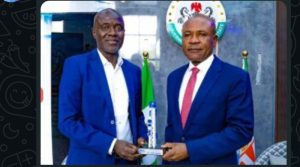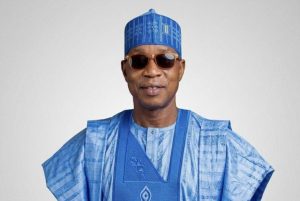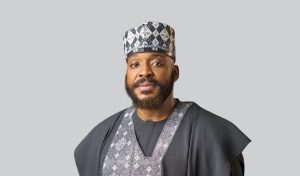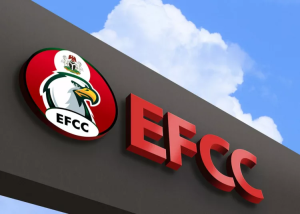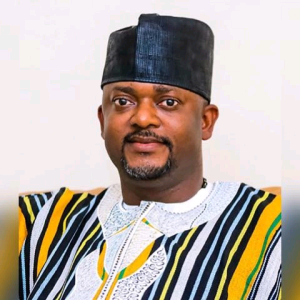WTO to name first female boss as Okonjo-Iweala, Yoo reach final round
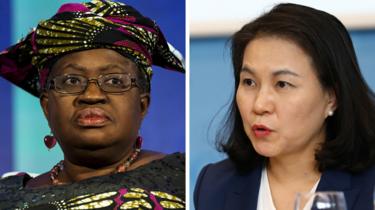
The selection of a new director general of the World Trade Organisation (WTO) is entering its final stage.
The final two – from an initial list of eight candidates – are Nigeria’s former finance minister Ngozi Okonjo-Iweala and South Korean trade minister Yoo Myung-hee.
Both are female which means that if members of the WTO can coalesce around one them in the final stages of selection, it will be the first time the job has been taken by a woman.
Ms Okonjo-Iweala and Ms Yoo both have political and international experience and both were students at American universities.
Ms Okonjo-Iweala, who also has US nationality, has had two spells as finance minister and a short stint as foreign minister in Nigeria.
Much of her career was spent as an economist at the World Bank. She eventually rose to the position of managing director, essentially second in command at the institution. She has been an unsuccessful candidate for the top job at the bank.
She is currently chair of the board of the international vaccines alliance, Gavi.
She has not spent her career immersed in the details of trade policy as some other candidates did. But her work as a development economist and finance minister means she has often had to deal with international trade.
She describes trade as “a mission and a passion”.
Ms Okonjo-Iweala would be the first African to be director general of the WTO.
Ms Yoo is much more of a trade specialist.
Her statement to the WTO’s general council hinted at a literal lifetime in the area – she said she was born the same year that South Korea acceded to the General Agreement on Tariffs and Trade, which became one of the key elements of the WTO’s rule book.
She started her career in trade, she said, in the year the WTO was born, 1995.
She has been involved in some of South Korea’s key trade negotiations in that period, including with China and the US. She makes a point of her “deep knowledge and insight into the details of various areas of trade agreements”.
Under stress
Both candidates were keen to point out their abilities in bringing sides together in negotiations.
That is a skill the successful candidate will have to draw on extensively.
It is important to remember that a WTO director general can only make progress if they can get the member countries on board.
It has been said that the DG has no executive power; that they are more like a butler announcing to the member countries) that dinner is served.
But the WTO is an organisation under stress. Two of the biggest commercial powers on the planet – China and the US – are embroiled in bitter trade conflict.
The US has some substantial concerns about the WTO. Many of them pre-date President Trump, but his administration has taken a less collaborative approach to pursuing them.
The US has undermined the WTO’s ability to carry out one of its main functions – settling trade disputes between member countries.
It has refused to allow the body which hears appeals to appoint new members, effectively judges. That reflects US concerns that the body’s judgements were going beyond the WTO rulebook. The US block has left it unable to take new appeal cases.
It doesn’t mean the dispute settlement system doesn’t work at all, but it is seriously impaired.
In terms of diversity, the WTO seems to be heading into new territory. It will, almost certainly, have a woman as Director General for the first time a woman.
The regional representation might also break new ground, if the African candidate gets the job – there has been an Asian director general before, from Thailand.
If all goes to plan we will know who it is by early November.
©BBC

